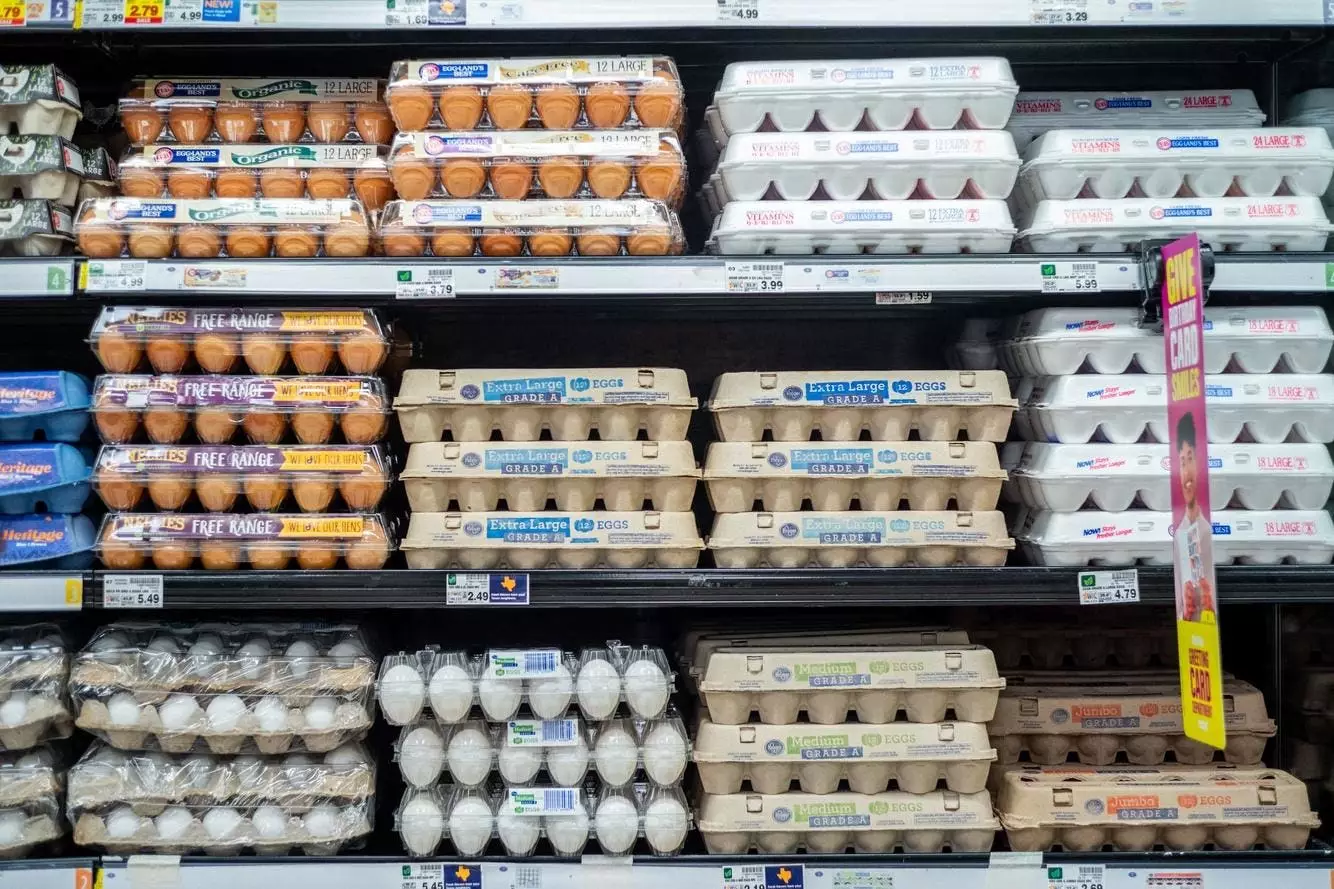The festive season often leads to an assortment of delightful meals and culinary indulgences, leaving behind a plethora of holiday leftovers. However, as the euphoria of the celebrations fades away, a pressing question emerges: are these remnants still safe to consume? The days following Christmas can usher in a disconcerting undercurrent of anxiety regarding food safety, especially given that recent recalls have cast doubt on an array of popular holiday fare.
The importance of food safety cannot be overstated, particularly during holidays when families gather to enjoy lavish spreads. In the weeks leading up to Christmas, a number of alarming food recalls made headlines, sparking concerns about the safety of various products. From beloved snacks like potato chips to essential ingredients such as eggs and seafood, the potential hazards are diverse and sometimes life-threatening.
One particular concern that has emerged is the safety of egg products. For many, eggs are a quintessential part of holiday cooking, incorporated into everything from rich breakfasts to delectable desserts. The recent recall of Costco’s Handsome Brook Farms Organic Eggs due to potential salmonella contamination has heightened fears surrounding holiday cooking. The danger of foodborne illnesses, especially from a commonly used ingredient such as eggs, bears serious consideration.
The joy of munching on snacks during festive gatherings can be undermined by hidden dangers. For instance, Lay’s Classic Potato Chips, which are often a staple on holiday snack tables, have come under scrutiny due to undeclared milk allergens. This can present grave risks for individuals with dairy sensitivities. Such recalls serve as a reminder that even the simplest of snacks can harbor hidden threats that necessitate vigilance during the holiday season.
Seafood also tends to take center stage in many holiday feasts, but individuals consumed with festive cheer should tread cautiously. Oysters and Manila clams, sourced from Pickering Passage in Washington, were pulled from store shelves due to a concerning norovirus outbreak. This virus is notorious for causing gastrointestinal distress and can result from consuming raw or inadequately cooked seafood.
While some foods can be easily identified as potentially harmful by their product recalls, the preparation and storage of holiday leftovers are equally critical in preventing foodborne illnesses. For example, frozen pizza is a common meal solution during the chaotic holiday season, yet Connie’s Thin Crust Cheese Pizza faced a recall over contamination risks from plastic. Those who enjoy this quick fix should take care to reassess their leftovers before indulging.
Even seemingly straightforward side dishes, like frozen buttered vegetables, are not beyond reproach. Lidl’s Taste of Deutschland brand was flagged for undeclared milk allergens, illustrating that every product should be examined closely, particularly for those managing dietary restrictions.
Managing food safety during the holiday season doesn’t have to be a daunting task. Simple yet proactive measures can significantly mitigate risks associated with food recalls. First and foremost, it’s essential to stay informed about current recalls. Checking reliable platforms like the USDA or FDA websites can empower consumers by helping them make educated decisions regarding their food.
Additionally, examining food packaging is paramount. Always check for batch numbers, product codes, and expiration dates that may correlate with recall alerts, and when uncertain, it is best to discard questionable products. Furthermore, proper storage practices can safeguard leftovers—aim to refrigerate uneaten food within two hours of serving and consume them within the next three to four days to avoid spoilage.
Awareness and Preparedness Are Key
As the holidays come to a close, the journey of safeguarding your health does not end. Educating family members about potential recalls is crucial, especially if you are hosting meals or sharing dishes. Being aware of the signs of foodborne illnesses—such as nausea, fever, or diarrhea—can also help in addressing any potential issues promptly.
While holidays are about celebration and cheer, remaining vigilant and prepared can go a long way in ensuring a safe continuation of holiday festivities. This year, take the time to reassess your leftover options and stay informed, so you can enjoy the winter season without food safety concerns overshadowing your joy.


Leave a Reply